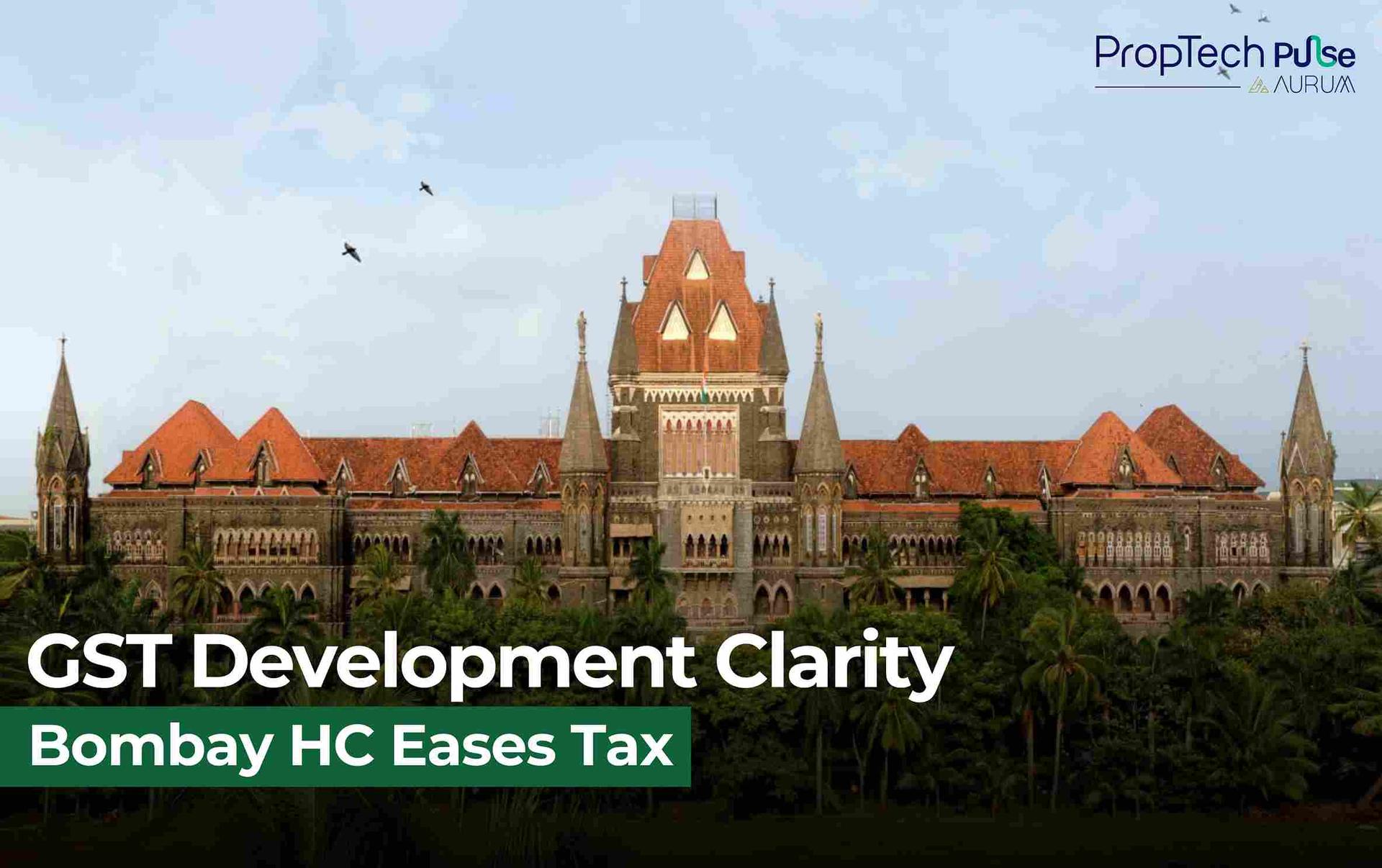
A Landmark Judgment: Bombay HC Brings GST Relief to Real Estate Developers
In a significant victory for the real estate sector, the Nagpur bench of the Bombay High Court has delivered a judgment that brings long-awaited clarity to the taxation of development agreements. The case, centered on Shrinivasa Realcon Private Ltd., a Nagpur-based developer, challenged a tax demand and show-cause notice issued by the GST authorities, who sought to levy GST on a development agreement under Entry 5B of the GST Notification dated June 28, 2017.
The Dispute: Development Agreement Under Scrutiny
The dispute arose from a development agreement inked in April 2022, where Shrinivasa Realcon was appointed by a landowner to develop a multi-storied residential complex in Mouza Lendra, Nagpur. The developer was to receive ₹7 crore and two residential units as consideration. However, GST authorities argued that the transaction involved a taxable transfer of development rights (TDR) or Floor Space Index (FSI), thus attracting GST under the relevant notification.
Developer’s Stand: No Transfer, No GST
Shrinivasa Realcon, represented by senior counsel Akshay Naik, firmly contended that neither the developer nor the landowner had purchased or transferred any TDR or additional FSI from third parties. The construction was based solely on the existing FSI or any statutory increase, not on any external development rights. The defense highlighted that the agreement granted only the right to develop, not a transfer of TDR or FSI as defined by the Unified Development Control and Promotion Regulations of Maharashtra.
Court’s Analysis: Distinguishing Rights and Transfers
The division bench, comprising Justices Avinash G. Gharote and Abhay J. Mantri, meticulously examined Entry 5B of the GST notification and the definitions under the state’s regulatory framework. The court observed that Entry 5B applies strictly to services involving the transfer of TDR or FSI for construction by a promoter. It clarified that the right to develop land, as conferred by a landowner to a developer, does not amount to a transfer of TDR or FSI in the regulatory sense.
The court further noted that Clause 18 of the agreement, cited by the GST department, merely addressed formalities under the Maharashtra Apartment Ownership Act and did not constitute evidence of a TDR transfer. The bench emphasized that the GST law does not define “transfer of development right” and that the Unified Development Control and Promotion Regulations specifically outline TDR as compensation in FSI granted by a planning authority-not applicable in this case.
Judgment: GST Demand Quashed, Precedent Set
Concluding the matter, the Bombay High Court quashed the show-cause notice and the GST demand order, ruling that the transaction did not fall under Entry 5B and could not attract GST liability. This judgment sets a precedent that GST is not applicable to development agreements unless there is a clear transfer of TDR or FSI as per regulatory definitions.
Implications: Clarity for Developers and Landowners
This ruling is expected to have a far-reaching impact on real estate transactions across Maharashtra, offering much-needed clarity and relief to developers and landowners. By distinguishing between development rights and the transfer of TDR/FSI, the court has ensured that only transactions involving an actual transfer of TDR or FSI will be subject to GST, thus preventing unnecessary tax burdens on standard development agreements.
Unlock the Latest in Real Estate
News, Infographics, Blogs & More! Delivered to your inbox.
“Data that drives action. Insight that inspires action. Technology that empowers action.“
“Data that drives action.
Insight that inspires action.
Technology that empowers action.“









